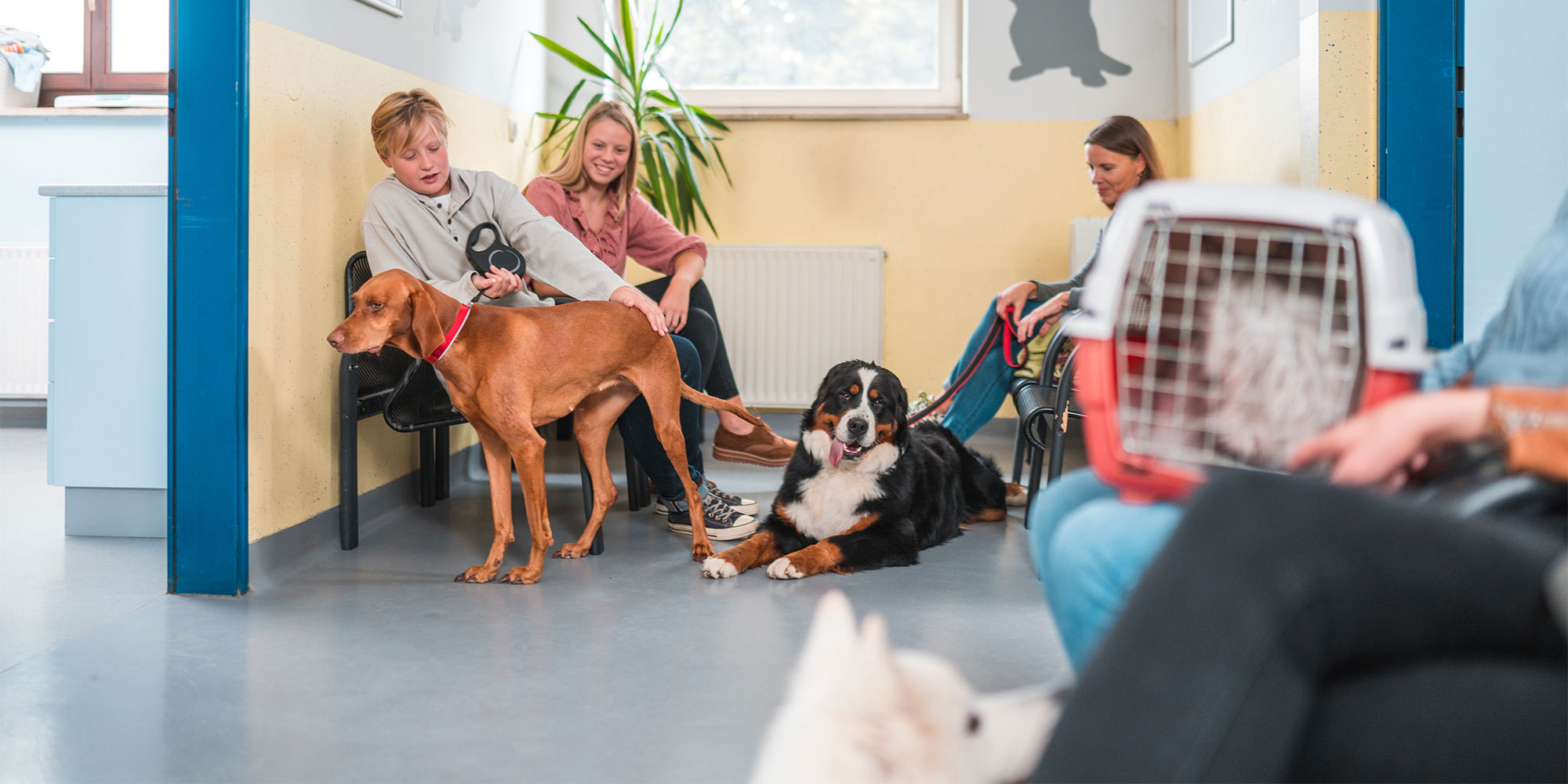Pet owners could get a better deal under plans for vet sector shake-up

The Competition and Markets Authority (CMA) has been examining the vet industry since September 2023 and has now proposed measures to improve services for pet owners.
Which? research into vets, carried out in spring 2023, found that pet owners often struggled to compare prices and were unsure whether the treatments offered for their pets were really necessary due to a lack of information. We therefore encouraged the CMA to have a deeper look at the industry.
The CMA has attributed problems in the vet sector to a lack of competition, including transparency issues when it comes to pricing, making it difficult for pet owners to make informed decisions.
Here, we look at the regulator's proposals to improve vet services.
CMA proposals to improve vet services
The CMA has set out some provisional measures to address areas of detriment, including pet owners not being given the correct information about treatments, services and medicine purchasing options, and an out-of-date regulatory framework.
The regulator has proposed:
- Vets publishing comprehensive price lists for products, treatment plans and cremation services and being clear when they are part of a large group.
- Improving access to cheaper medicines online, including vets telling you if you can get a product cheaper online.
- Capping the price of providing prescriptions at £16.
- A requirement for the Royal College of Veterinary Surgeons (RCVS) will need to include pricing data on its Find a Vet website.
The CMA has also proposed that the government prioritises a new Veterinary Surgeons Act to include veterinary businesses, individual vets and nurses. It also wants the government to give the RCVS powers to set and enforce requirements and standards for these businesses.
'It has become almost impossible to find an independent vet'
In 2023, Which? surveyed 2,000 pet owners and looked at the websites of large-chain veterinary practices to investigate anti-competitive practices in the industry and the effect this was having on pet owners.
We found that among pet owners who compared prices when choosing a practice, three in 10 said that they were difficult to compare.
Looking at the sites of veterinary practices, we discovered that prices often weren't displayed on the practice or chain website, and when they were, it’s often just for basics like consultation fees. Our research found that more than a third of pet owners said they are usually only informed about the price after the appointment at the reception.
Which? also discovered there was a lack of transparency when it came to service information, with just over a quarter of pet owners having at some point doubted whether a treatment recommended by their vet was really necessary.
Almost three in 10 pet owners who'd gone ahead with treatments that they were unsure about had done so because they didn't have enough information to know whether it was necessary or not.
Which? was contacted by lots of pet owners keen to share their own experience. One pet owner explained to us that when one of his cats was undergoing a long course of treatment, the vet suggested that he could simply call to update the vet on how the cat was responding after taking it home.
He was shocked to find that the two-minute phone call to inform the vet that his cat was OK came with a bill of £36.89. He was also quoted £188.96 by his vet for a laxative to treat his cat's constipation, but discovered that it could be bought online for just £41.94.
The CMA's proposals should see a much needed improvement for vet pricing and services for pet owners. However, Which? has concerns that to ensure there's effective redress for consumers, the government will need to act swiftly on the CMA's recommendations for new legislation. Getting redress when things go wrong under the current framework is not easy for consumers, and is leaving many pet owners feeling unheard and let down.
What to do if you're not happy with your vet
Under the Consumer Rights Act 2015, services should be carried out with reasonable care and skill. If the price isn’t agreed beforehand, it should be provided for a reasonable price, and if a timescale hasn’t been agreed, the service must be carried out in a reasonable amount of time.
The Act also states that information which is spoken or written is binding where you rely on it.
Under the Consumer Rights Act, the vet has to remedy the situation by redoing the part of the service that was inadequate or carrying out the entire service again. If this isn’t possible, you can ask for a price reduction or a full refund in severe cases.
You can complain via the Veterinary Client Mediation Service (VCMS) about service issues, negligence and fees.
The Royal College of Veterinary Surgeons (RCVS) has a code of conduct that vets must follow, and you can raise concerns about veterinary surgeons and nurses on its website.
This story was originally published on 27 October 2025, and updated on 7 November 2025 to include the VCMS complaint service.


